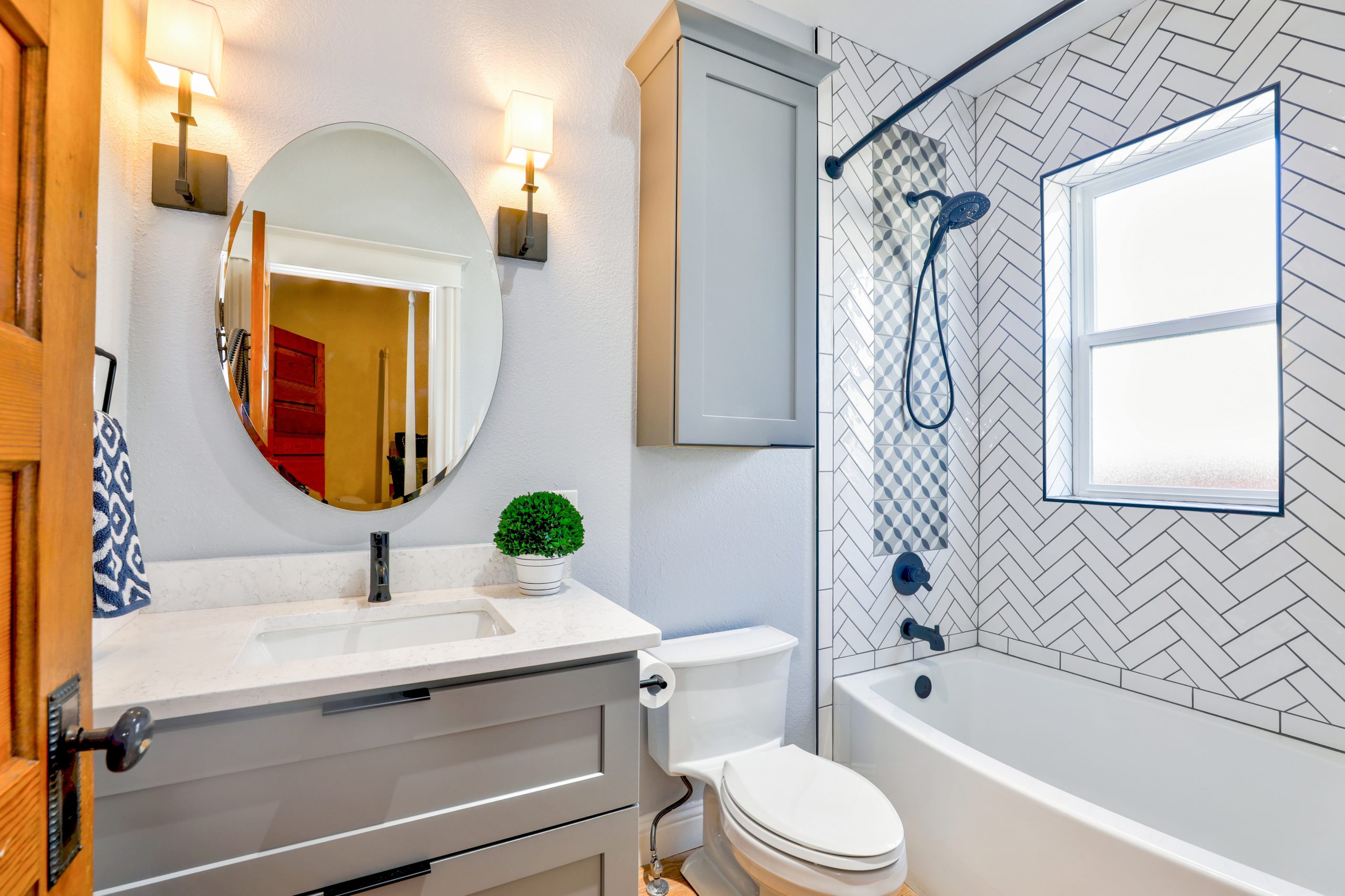By nature, humans are not sustainable. We need to consume sustenance and dispel waste in order to survive. Regardless, the philosophy behind zero waste is to “take only what you need and redesign or re-imagine our use of products, using only that which can be reused or composted, rather than sent to landfills or incinerated.” Let’s see if we can create a circular economy in the restroom.
This post contains affiliate links, meaning I may earn a commission should you chose to sign up for a program or make a purchase. Rest-assured, I only share about brands I believe in.
Sustainable smile – The CDC recommends you replace your toothbrush every 3 to 4 months. Make the switch to a bamboo toothbrush or the all-black metal quip smart electric toothbrush with Bluetooth capabilities. As for your toothpaste, try toothpaste tabs or tooth powder. Even your floss can be plastic-free! If you use floss picks, they make those in a sustainable way too.
Hand soap – Instead of reaching for another bottle of hand soap, opt for a bar. “Liquid soap requires five times more energy to produce and nearly 20 times more energy to package, and, we use about seven times more liquid soap than bar soap for each hand wash,” according to The Eco Guide. Or, if you prefer liquid, choose one made from infinitely recyclable aluminum.
Metal razor – Instead of buying cheap plastic razors that’ll break after a few uses, buy a sturdy one that’ll last or, to close the loop, buy one made from recycled plastic.
Body soap – You already know what I have to say – switch to a bar! It’s so easy to soap up your loofah and go to town. Plus, avoid body wash with beads in it at all costs. Those are micro-plastics that end up in the stomachs of fish, that in turn feed us, and don’t add to your skincare routine.
Natural loofah – Don’t reach for a colorful one which is probably plastic. Look for the most natural loofah and see if it’s organically grown. If you have a green thumb, order seeds online, then plant, and watch them grow.
Shampoo & conditioner bars – Most of the liquid in shampoo and conditioner is water. Cut down on waste by using shampoo/conditioner bars to clean and moisturize your hair.
Plastic-free deodorant – Try a solid deodorant bar, or go all out with this refillable deodorant to fight throw-away culture.
Sustainable swabs – Single-use plastics have made their way into cotton swabs, so we have to be conscientious when buying them. If you’re open to it, Last Object sells reusable swabs.
Toilet paper – Try some tree-free TP with a bamboo version, or at least use recycled paper. If you’d like to take it even further, invest in a bidet – your tushy can thank me later! lol
Biodegradable trash bags – You’re going to use them anyway because, let’s face it, living zero waste is nearly impossible. Kudos to those who get close!
Refillable cleaning bottle – Buying a different cleaner for each and every situation is incredibly wasteful. Instead, find a few plant-powered staple cleaners (multi-surface, glass, and bathroom) that have refillable tablets to plop in. Make sure the packaging is compostable!
Glass jars – Instead of buying organizational containers, use glass jars for routine essentials. They’re always a pretty addition, especially when repurposed with flowers from the garden!
Makeup removing rounds – I know everyone has their preferred solution, so I won’t recommend what to use but I will share that I use micellar water. As for the wipes, instead of buying cotton rounds that are single-use, buy reusable bamboo rounds. They come with a laundry bag so you can keep track!
Low-waste period products – Unfortunately, most have harmful chemicals. I’m a fan of Organic Initiative, a period-positive brand with plastic-free, toxic-free tampons, pads, and panty liners, as well as 3 different sizes of menstrual cups for those no-waste babes. Thinx period panties are another washable option.
From the sink to the tub, your restroom is looking good. Congratulations because your home is that much closer to being plastic-free!
